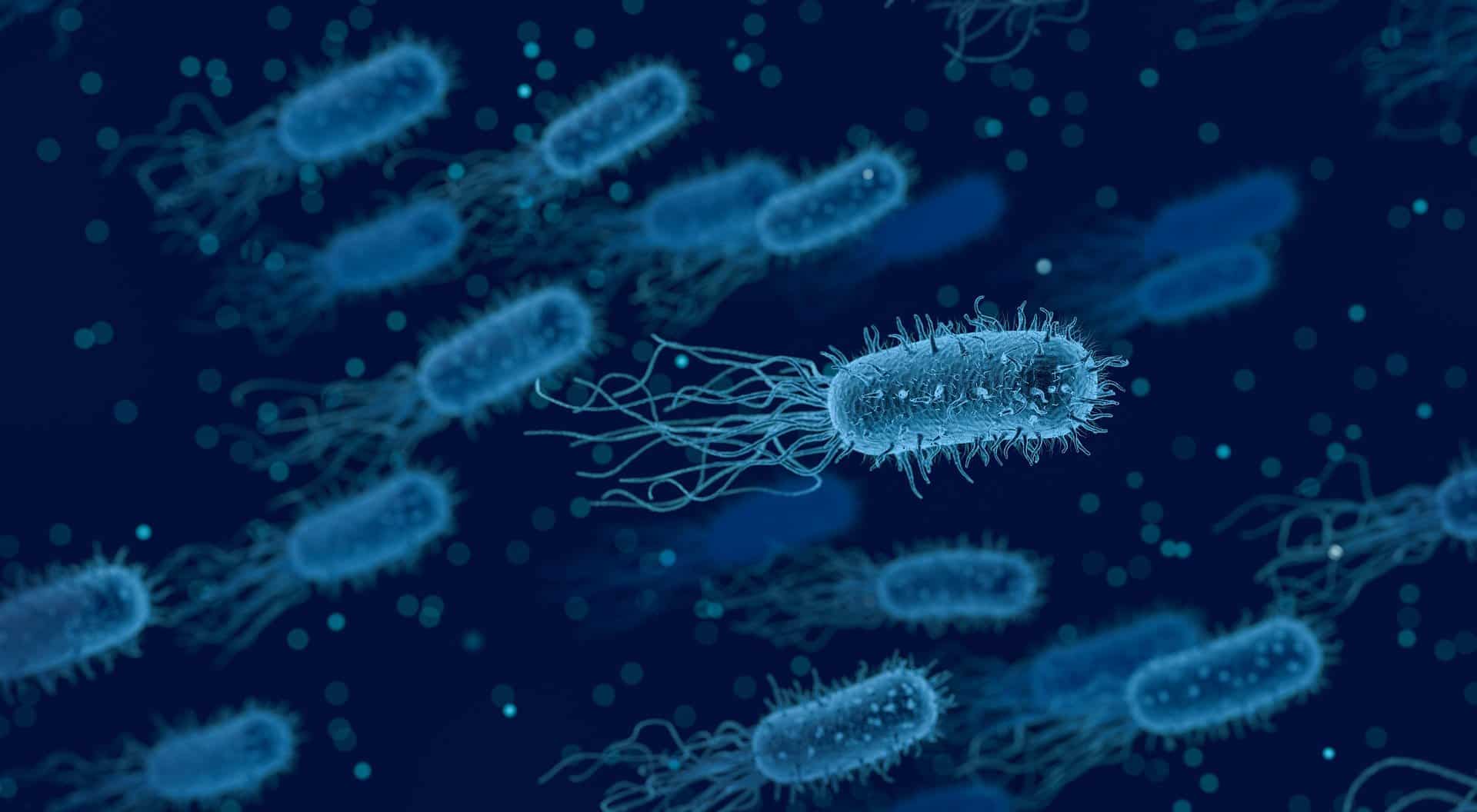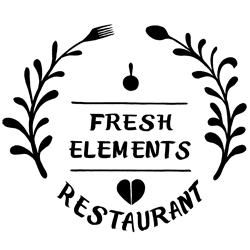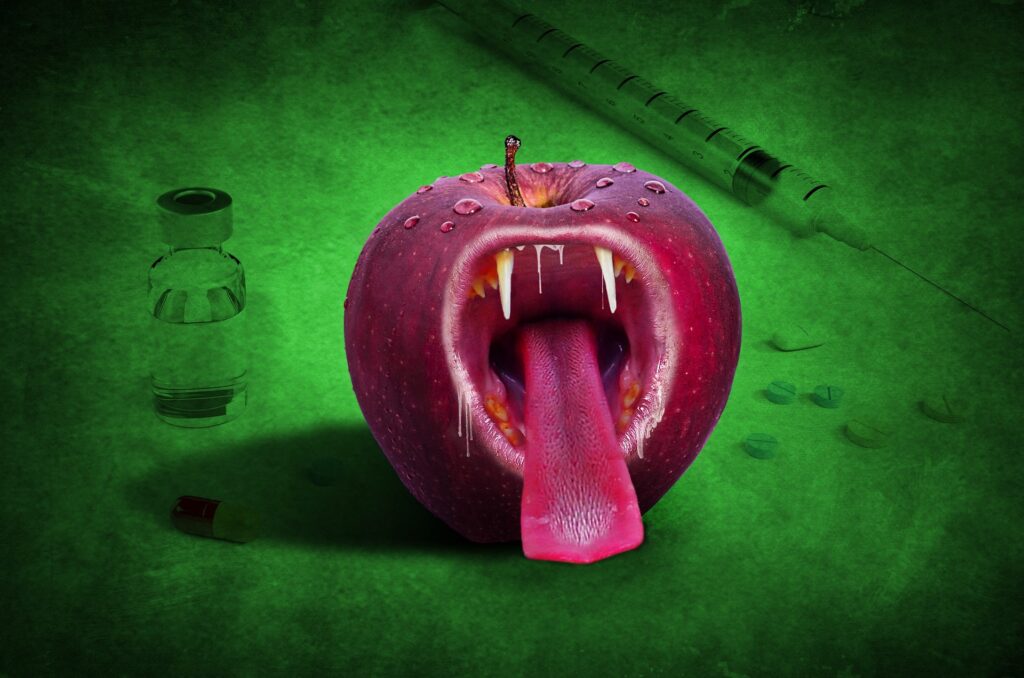Junk food and irregular eating are the new normal these days. People eat solely for pleasure and without keeping health factors in mind. Unhealthy food can cause food poisoning and if not handled properly, the situation can go very wrong. In our article today, we will talk all about food poisoning, its causes and prevention tips.
What Are The Symptoms Of Food Poisoning?
Food Poisoning can occur when food is contaminated with toxins released by bacteria, viruses, or parasites. The type of Food poisoning depends on the type of virus and bacteria a person has consumed and the reactions can occur in as little as 30 minutes. However, in uncommon cases, food contamination can cause the person to feel woozy, have a clouded vision, or slight shiver in the arms.
Food poisoning signs and symptoms can easily be misunderstood. That is why you need to pay attention as soon as you feel anything wrong. Some of the familiar mild food poisoning symptoms are
- Nausea,
- Vomiting,
- Abdominal pain,
- Diarrhea, fever,
- Headaches,
- Dehydration
However, severe symptoms include
- Organ failure
- High temperature
If the mild symptoms persist for more than one day, you must talk to your doctor. As many of the above can be dangerous if not treated on time.
Some Common Causes of Food Poisoning

While talking about causes, you may wonder if food poisoning is contagious? Well, it can be caused by multiple factors such as
- Directly consuming contaminated food or beverages
- Poor hygiene practices
- Improper food storage
- Cross-contamination.
Here is how these can cause food poisoning
Contaminated Food And Beverages
- Beverages can cause food poisoning if they are not prepared or stored correctly. For example,
- Juices and other beverages that contain unpasteurized milk may contain harmful bacteria, such as E. coli, and Salmonella.
- Alcoholic beverages can also cause food poisoning.
- If carbonated beverages are left at room temperature for too long they can become contaminated with bacteria and cause food poisoning.
Poor Hygiene Practices
Poor hygiene plays a major role in food poisoning and it can include
- Not washing hands before handling food,
- Dirty utensils and surfaces after use
- Not storing food at the proper temperatures, and
- Leaving spills uncleaned
All of these can lead to the spread of bacteria and other microorganisms that can cause food poisoning. Poor hygiene practices can lead to food contamination with bacteria and other germs.
Improper Food Storage
Bacteria thrive in moist and warm environments. So when food is not stored correctly in the refrigerator or pantry, it serves as a base home for bacteria. Improper storage can also cause food contamination by allowing cross-contamination between raw and cooked foods, or between foods with different allergens. Furthermore, if you leave food at room temperature for too long, it can start spoiling the food.
Cross-Contamination
Cross-contamination is the transfer of bacteria, viruses, or other microorganisms from one substance or object to another, especially through contact or by mixing. This can occur when you don’t prepare or store food properly and use shared utensils and cutting board. Cross-contamination can lead to foodborne illnesses, so it’s important to take the proper precautions to prevent it.
What are the Common Bacteria that cause food poisoning?

- Salmonella
- Campylobacter
- Clostridium perfringens, and
- E-Coli
Are all food poisoning bacteria. Ingesting any of these bacteria can cause an adverse reaction in the body.
Salmonella
Salmonella Bacteria can cause foodborne illnesses. It is most commonly found in raw or undercooked poultry, eggs, and dairy products, as well as other foods that have come into contact with these items. Symptoms of Salmonella infection include abdominal cramps, diarrhea, nausea, vomiting, fever, and chills.
Also, Salmonella can cause more serious complications such as dehydration, sepsis, and meningitis. Treatment for Salmonella poisoning usually involves rehydration and antibiotics.
Campylobacter
Campylobacter is commonly found in the gastrointestinal tracts of animals, including humans. They are one of the leading causes of food-borne infections and can cause a range of symptoms, including diarrhea, abdominal pain, and fever.
Clostridium Perfringens
Clostridium perfringens is a Gram-positive, rod-shaped bacterium that is typically found in soil and the intestines of animals and humans. This bacterium is known as an anaerobe, meaning that it does not require oxygen to survive. It is also capable of producing several toxins that can cause food poisoning, tissue damage, and other infections in humans and animals.
E-Coli
Coli (Escherichia coli) is a bacteria that usually live in the intestines of people and animals. It may cause food poisoning, urinary tract infections, and other illnesses.
Tips for Preventing Food Poisoning

- Wash your hands during the preparation of food wash with water and soap.
- Clean and sanitize countertops, cutting boards, and other surfaces before and after food preparation.
- Keep the Food separate especially raw meats from other foods to prevent cross-contamination.
- Cook all the food at proper temperature to kill any bacteria and pathogens.
- Properly Refrigerate Food at 40°F or below to prevent the growth of bacteria
- Avoid cross-contamination by Using separate utensils, cutting boards, and plates for raw and cooked foods.
- Stop consuming raw or undercooked eggs, meat, seafood, and poultry as they may contain harmful bacteria.
- Avoid unpasteurized dairy products such as unpasteurized milk and soft cheese, can contain bacteria.
- Consuming food past its expiration date can make you more susceptible to foodborne illnesses. Avoid consuming food from questionable sources.
- Avoid junk food
How to Treat Food Poisoning At Home?

Food poisoning treatment at home includes
- Drink plenty of fluids as rehydration is essential to replace the fluids lost due to vomiting and diarrhea. Increase water intake and consume clear broth, herbal tea, sports drinks, or an electrolyte solution.
- Avoid certain foods and substances like dairy products, caffeine, alcohol, nicotine, and fatty or highly seasoned foods for a few days.
- Get plenty of rest as getting rest will help your body recover.
- Eat bland foods such as crackers, toast, bananas, rice, applesauce, and boiled potatoes. These can help settle your stomach and give your body the nutrients it needs.
- Take probiotics such as yogurt or kefir. These can help restore the natural balance of bacteria in your digestive tract and reduce symptoms.
- You can try taking over-the-counter medications, such as Pepto-Bismol or Ka pectate, to help with symptoms.
- If your symptoms don’t improve after a few days, or if you’re in a high-risk group, seek medical attention.
In conclusion, food poisoning is a serious health concern. If you experience any of the symptoms mentioned above, seek medical attention. It is important to prevent it by following food safety guidelines, such as washing your hands and preparing food in a clean environment. Moreover, store and cook food according to food safety guidelines. By taking these few simple steps, you can reduce the risk of food poisoning and keep yourself and your family safe.



